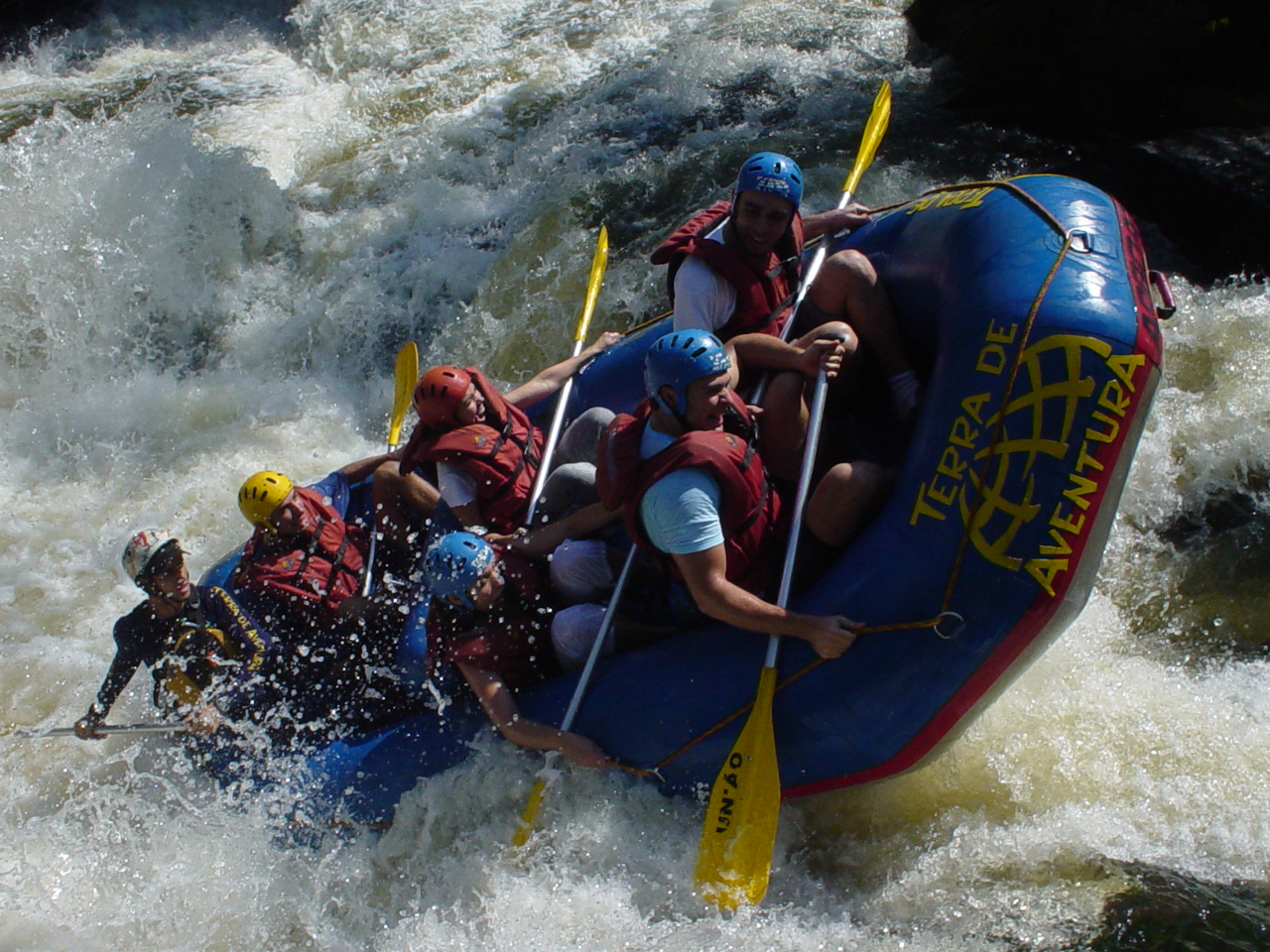
This type of cooperative adventure experience is second to none in terms of building family trust, proper dependence skills, and overall self-reliance combined with teamwork. There is no better combination to develop great skills in your children than an exciting whitewater rafting family vacation.
The idealism behind a whitewater rafting family vacation is that your family will end up in the raft learning from each other and cooperating as a team for the great, noble cause of adventure.
The reality behind a rafting family vacation is that the family has a great amount of fun and ends up laughing and screaming their way to jubilation as they cruise up and down the raging waters together. Either result, of course, makes for an explosively exhilarating family vacation and will make you a hit among parents for years to come because of your unforgettable vacation idea.
Take the Plunge
Booking your whitewater rafting family vacation is literally just a phone call away. There are a variety of travel agents and support staff available at a large number of rafting facilities that can book and furnish your entire vacation plan within minutes and have your family on their way to the greatest vacation experience of their lives. This type of thing doesn't have to happen just once in a lifetime either, as many people take whitewater rafting family vacations several times a year and end up making it a regular part of their lives.
It has been said that “the family that rafts together, stays together” and it couldn't be truer. The notion that families experiencing adventure and skilled turmoil together are closer is certainly supported by nature and biological evidence.
Clutching tightly to your parents as your plunge into the river is a great bonding experience, as is yelling at your children to “paddle faster” before hitting the swirling currents. All of these experiences add up to the wonderful reality of excitement behind a whitewater rafting family vacation.
Of course, you could just take your kids to Disneyland and only partly experience adventure this summer. You could even go on an amusement ride to attempt to capture some of the fun of whitewater rafting. It might work.


